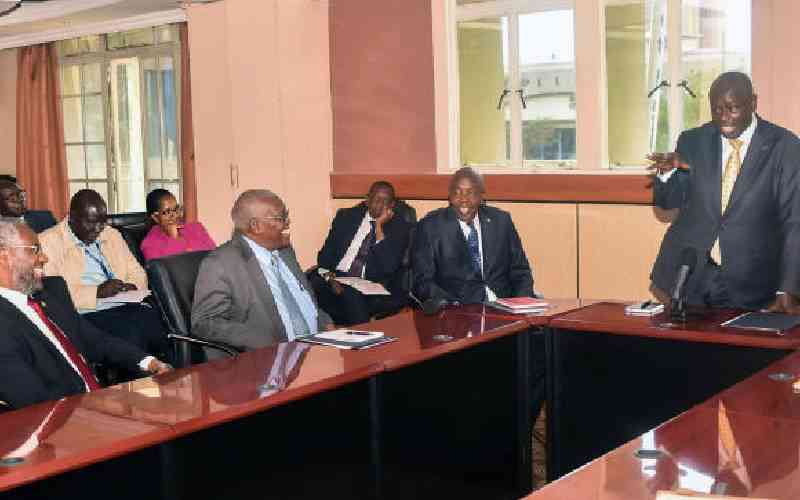×
The Standard e-Paper
Join Thousands Daily

Kenyans are waiting with bated breath for the final report on education reforms by a task force President William Ruto appointed in September last year.
It has been three weeks since the team completed its work and it remains unclear why the report has not been made public despite promises to that effect by Education Cabinet Secretary Ezekiel Machogu.